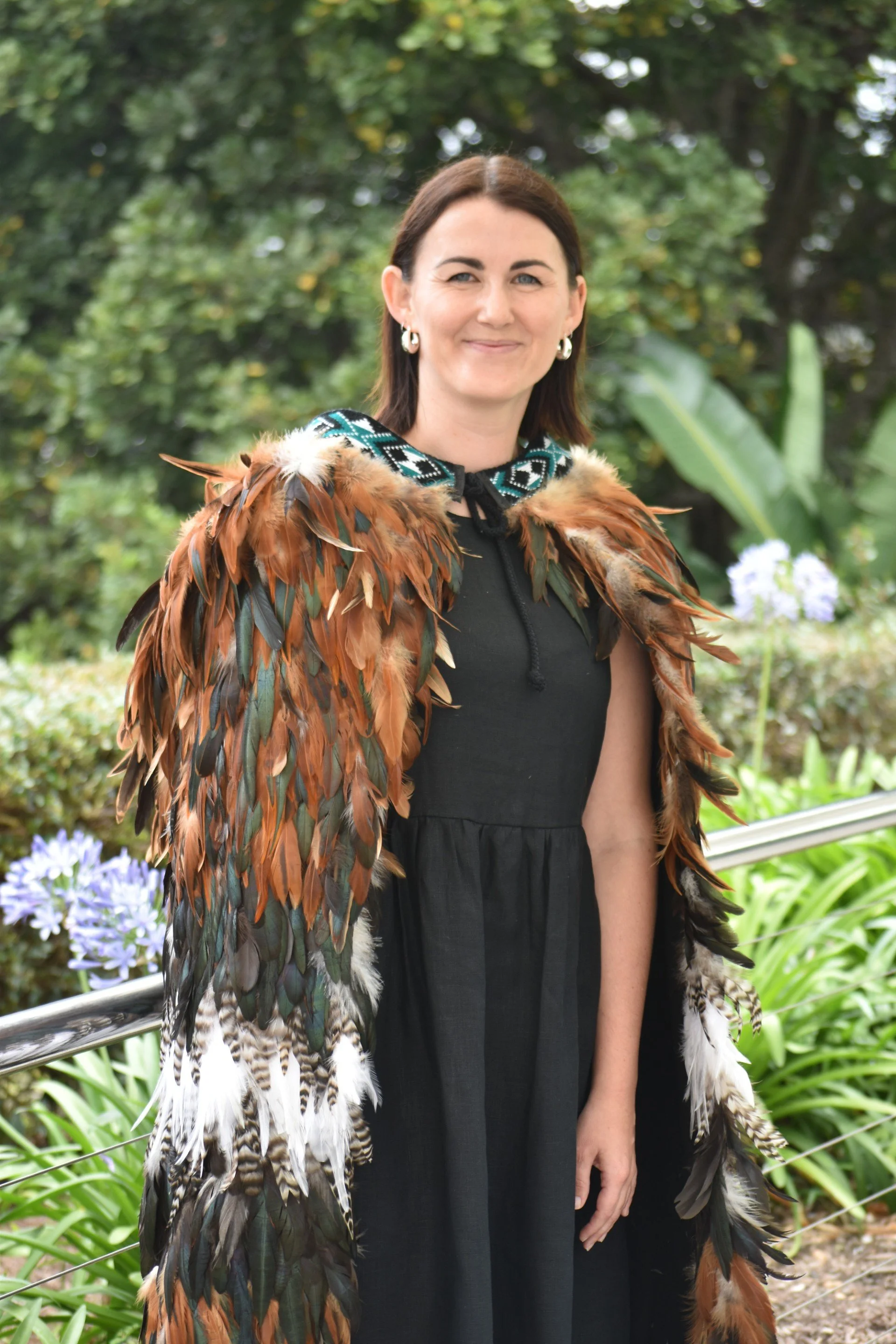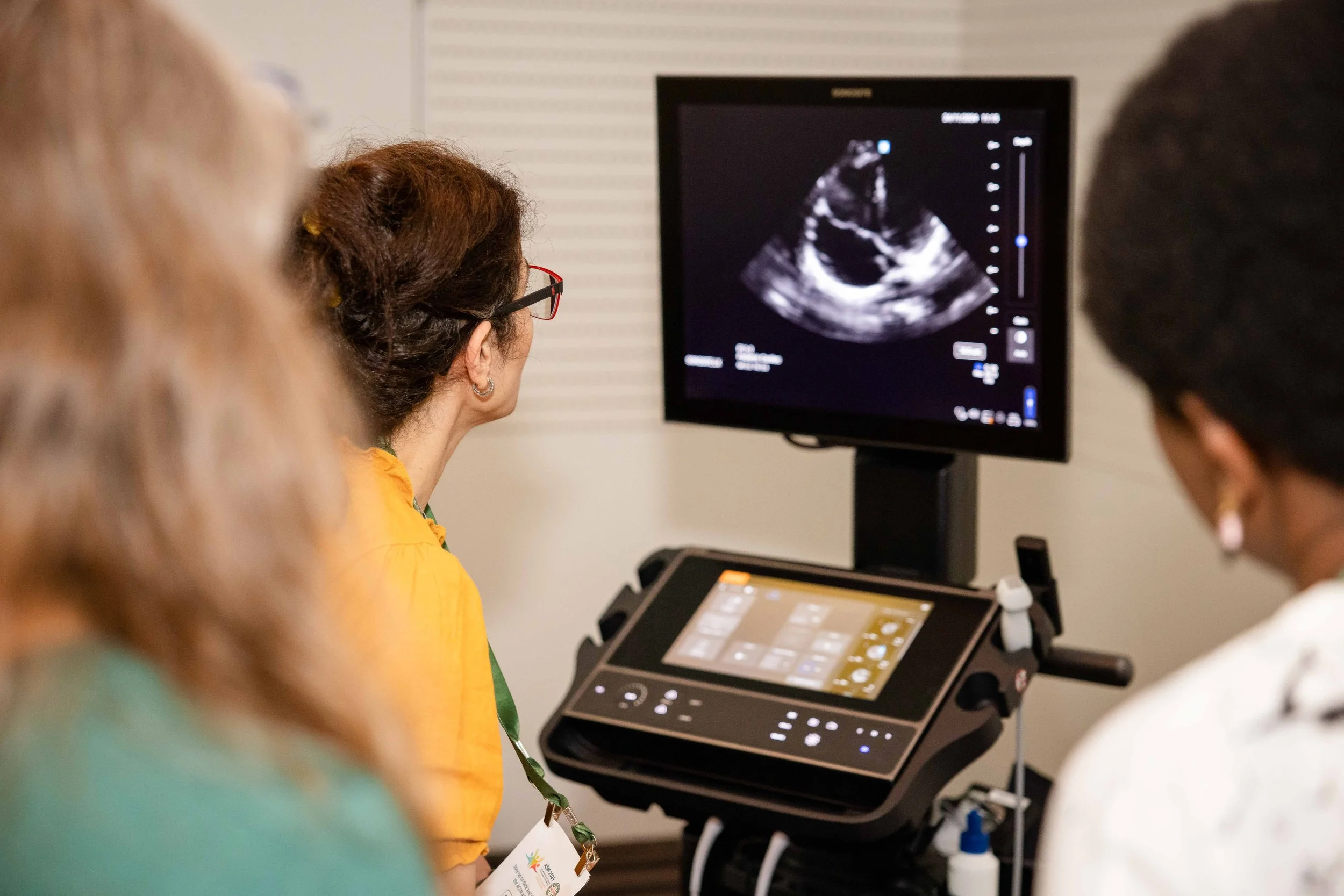Flying high - lifting off into emergency medicine
FACEM Dr Krupa Mehta, Staff Specialist at the Campbelltown Hospital and a Retrievalist for the Westpac Rescue Helicopter and the Royal Flying Doctor Service, shares some insights with YourED about her pathway to becoming a recent Fellow.
How did you know the time was right to start the process of becoming a Fellow?
Honestly? I was blissfully naïve! I joined ACEM right after my resident year, not fully understanding what I’d signed up for. I probably started studying for exams way too early because I firmly believe that knowledge equals power (and maybe a little bit of fear of looking clueless). If I’d known what was coming, I might have run the other way, but I’m so glad I didn’t!
When did the training officially start and end?
I’m still learning! But I officially joined the College training program in 2015 as an SRMO and (finally) crossed the finish line and became a FACEM in 2023.
“I spent most of my training feeling like I was constantly playing catch-up. I even had a note on my desk that said ‘black scrubs’ to remind myself what I was working towards. It was my way of telling imposter syndrome to take a hike and move towards mastery instead. ”
What were some of the most challenging times during that training?
Exam time was brutal. I was juggling study after repeated attempts at the written Fellowship, working and trying to keep afloat while my mum was fighting cancer. Then COVID hit. But we survived, and I wear it like a badge. If I can get through that, I can get through anything!
What were some of the most rewarding aspects?
The camaraderie. There’s no other way you can bond with a team quite the way you do on night shift. In the trenches, exhausted, slightly delirious but still cracking jokes and having each other’s backs. And, of course, knowing you’ve made a difference in someone’s life.
Why was it important to you to become a FACEM?
For me, it was about mastering the art and science of emergency medicine. I spent most of my training feeling like I was constantly playing catch-up. I even had a note on my desk that said 'black scrubs' to remind myself what I was working towards. It was my way of telling imposter syndrome to take a hike and move towards mastery instead.
Were there any times you doubted taking that pathway?
Absolutely. There were days (years, even) when I felt like I was carrying more weight than I ever could. But Mum did get better, I finally understood where I was going wrong in my studies, COVID did settle. I would do it all over again and choose emergency medicine. This is exactly where I am meant to be.
What was it like to approach the finish line of your training towards becoming a Fellow?
Emotional! For a while, I thought it was out of reach and had even mapped out what life would look like if I did not pass the exams. I’d put the exams on a pedestal, way out of reach – so to get there felt like I had conquered the impossible. It was surreal.
Where to from here (short and long-term goals)?
My short-term goal was to land a staff specialist job. I persisted and kept at it and now work in a very diverse and inclusive team at Campbelltown Hospital. My long-term goal is wanting to harness my strengths of support and mentorship in a formal role. I’m really enjoying being a mentor for ACEM - Connect and one day would like to be a DEMT, IMG supervisor, examiner and maybe even director. If I can make life even a tiny bit easier for the next generation, it’ll all be worth it.
How important were mentors in your pathway to becoming a FACEM?
I had some amazing female mentors who were disarmingly honest in sharing their struggles with burnout, gender inequity and how they overcame their challenges. Watching them lead and inspire change has made me want to pay it forward and do the same for others.
“What I’ve learned is that experience is the teacher, and authenticity matters more than performing some imagined consultant persona. Admitting uncertainty creates psychological safety”
After all that effort, what was it like when you were officially named as a FACEM?
Immense pride at belonging to something I felt was bigger than myself. It was more than passing exams and getting a new title. It was about conquering the impossible and having my family there to share the victory with and dedicate it to.
What advice do you have for people considering becoming a FACEM?
The FACEM journey requires a village to get you through. Gather your village and find your cheerleaders – the ones who will call you out when all you want is to slack off a bit, the ones you can vent to about anything and the ones who will take some of the weight off when it all feels too heavy. It’s not a solo adventure – pack your grit, your sense of humour and a few textbooks and go for it.
You started your career as a nurse – how did you make the journey to FACEM?
This was strategic. Despite doing well in the HSC I wasn’t successful at getting into undergraduate medicine. Nursing was my way to stay connected to the field. It’s been invaluable as my cross-training helps me understand nursing workflow. When it’s busy I can get in and do some of the small jobs myself and keep the flow going.
What are your reflections one year later?
What I’ve learned is that experience is the teacher, and authenticity matters more than performing some imagined consultant persona. Admitting uncertainty creates psychological safety: “I don’t know — let’s figure it out together.”
What are the highlights of your experience as a retrievalist for the RFDS and Westpac?
Genuinely making a real impact with time-critical decisions and procedures. Managing one complex patient instead of a full ED is refreshing. The additional environmental and aviation challenges add to the complexity. It also makes for some amazing stories!
“There’s no other way you can bond with a team quite the way you do on night shift. In the trenches, exhausted, slightly delirious but still cracking jokes and having each other’s backs. And, of course, knowing you’ve made a difference in someone’s life. ”
What are the highlights of your role as current chair of the Advancing Women in Emergency (AWE) network and what would you like to see in the future?
I’m excited for the 2025 ASM — AWE will be presenting at a record number of sessions across multiple days, from the New Fellows workshop, concurrent sessions and a leadership workshop showcasing new material I’m really proud of. Looking ahead, we’re planning cross-network collaborations for the 2026 International Women’s Day event, expanding educational resources, progressing policy around menstrual and menopausal leave, and continuing to engage our wider membership.
You are an executive member of the Wellbeing Network for ACEM. How important is wellbeing for a FACEM?
Wellbeing is crucial to ensure a sustainable workforce into the future. The focus has been on personal wellbeing for too long. We need a collective lens – how can we be well together so we can do our best work, especially when the system is under strain?
The Advancing Women in Emergency (AWE) network supports the advancement of women in emergency medicine through networking, mentoring and policy development. Click here for more information or to get involved
ACEM’s Workforce Wellbeing Network works to develop, support, educate, research and advocate for the wellbeing of ACEM trainees, members and College employees. Click here for more information or to get involved








